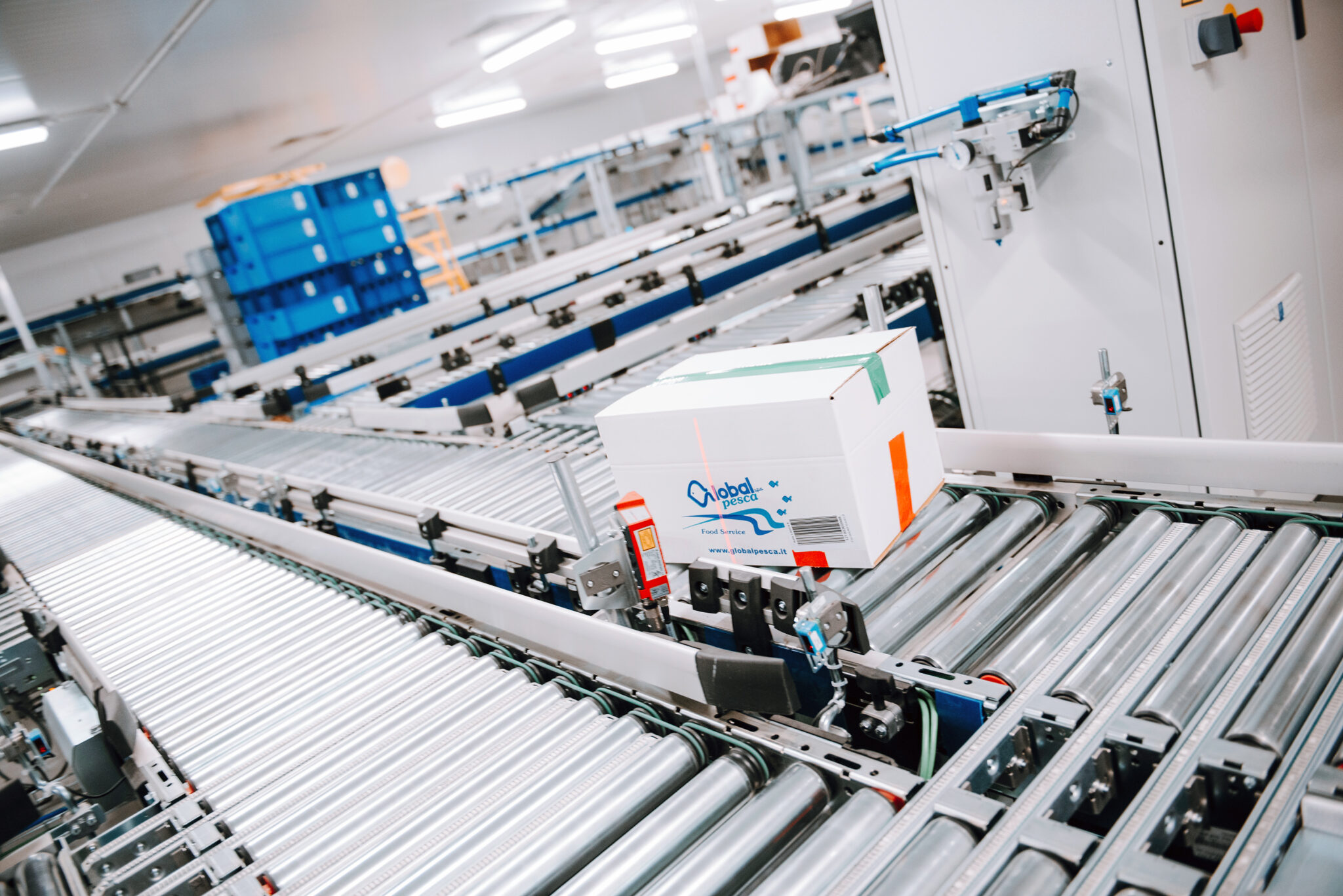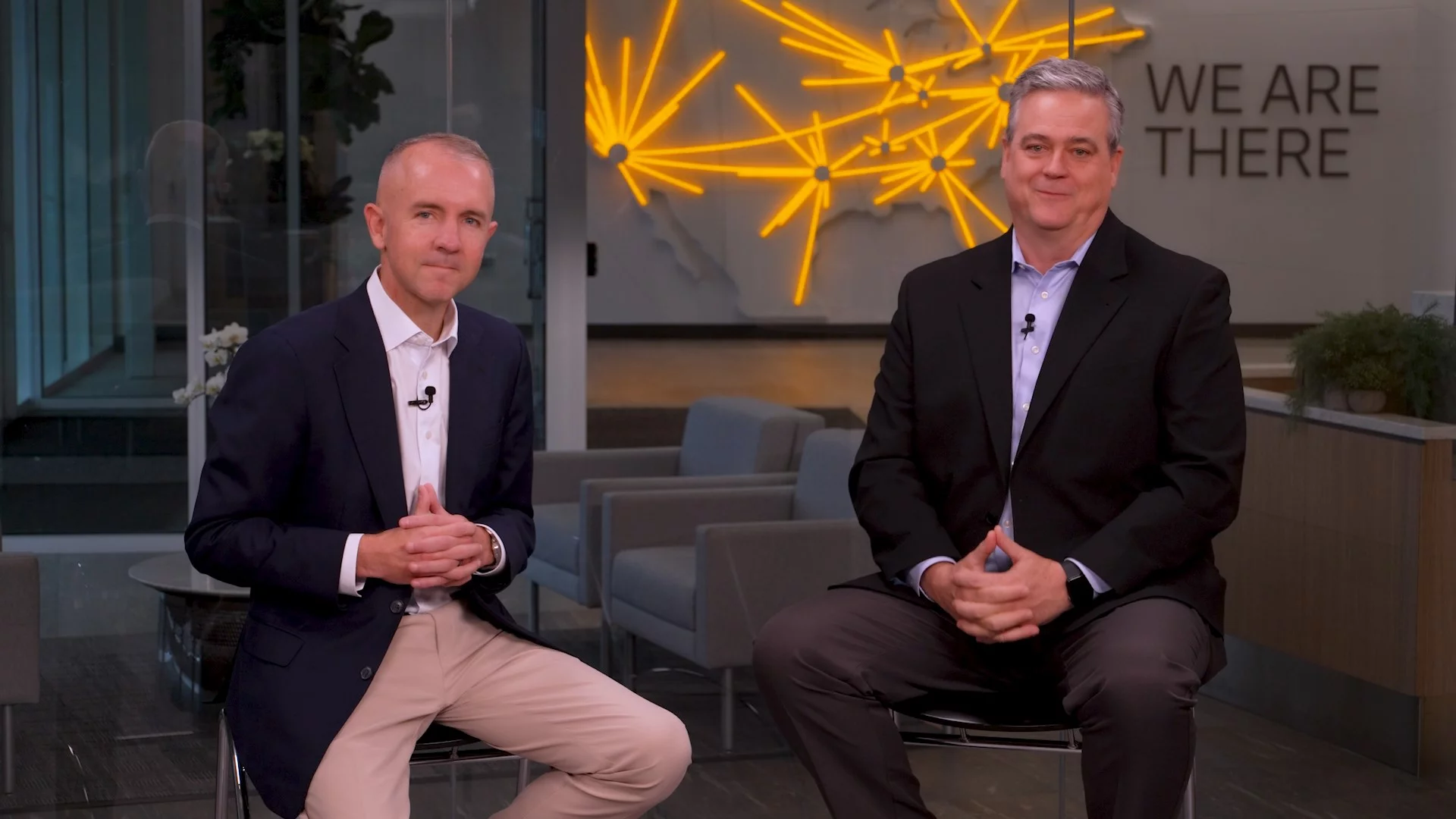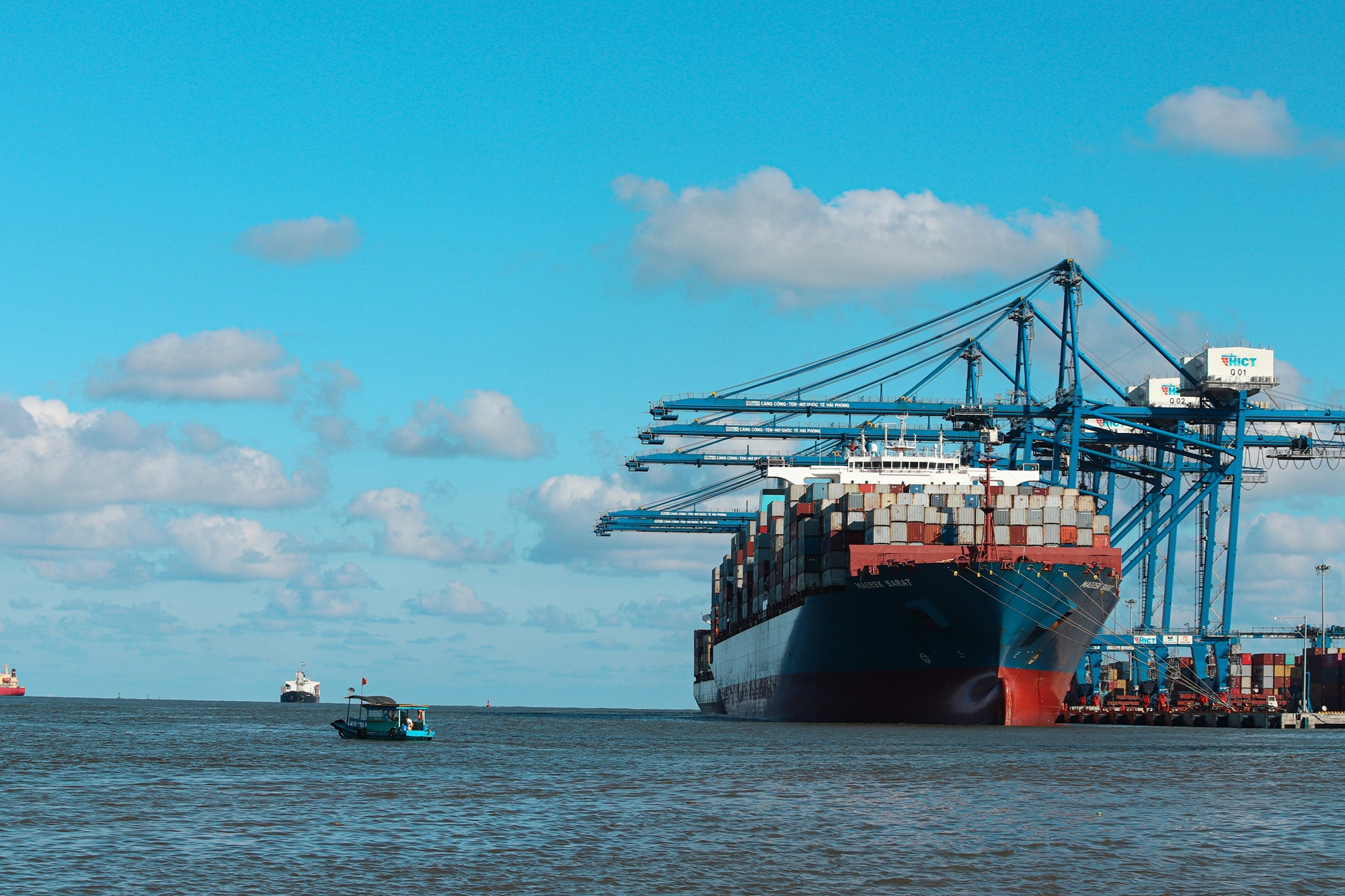In the logistics industry, overcoming excessive wear, downtime, and power transmission inefficiencies is essential to maintaining productivity and controlling operational costs. A recent case study from Megadyne, a supplier of high-performance power transmission belts, highlights how these challenges were successfully tackled using the Megadyne MEGASYNC™ Silver3 power transmission belt.
Solving persistent issues in a major facility
A large logistics facility faced persistent issues with its conveyor belt system. Frequent breakdowns due to component wear, inefficient power transmission, and a rigid design that limited operational flexibility were common hurdles. The existing belt couldn’t meet the high operational demands, leading to costly replacements, frequent maintenance, and suboptimal use of space.
How the MEGASYNC™ Silver3 addressed key issues
The Megadyne MEGASYNC™ Silver3 belt offered a comprehensive solution to these issues. Its advanced technology not only enhanced power transmission efficiency but also significantly extended the lifespan of the conveyor system. Thanks to its impressive durability in high-demand environments and its resistance to environmental stressors, the belt played a crucial role in reducing downtime. Additionally, its compact design enabled a more streamlined system layout, reducing maintenance requirements and optimising space usage.
Expert insights
Luca Zironda, global ISM of material handling and automation at Megadyne, shared his thoughts: “The introduction of the MEGASYNC™ Silver3 belt delivered substantial results. The facility experienced increased efficiency, fewer maintenance interventions, reduced operational costs, and a notable improvement in productivity and reliability.
“The key benefits of the Megadyne MEGASYNC™ Silver3 belt include no elongation over time, high breaking strength, low-noise transmission, and excellent resistance to wear and heat. Delve into the details of this transformation by accessing our full case study, where the performance-enhancing benefits of the Megadyne MEGASYNC™ Silver3 belt are explored in greater detail,” he added.
similar news













